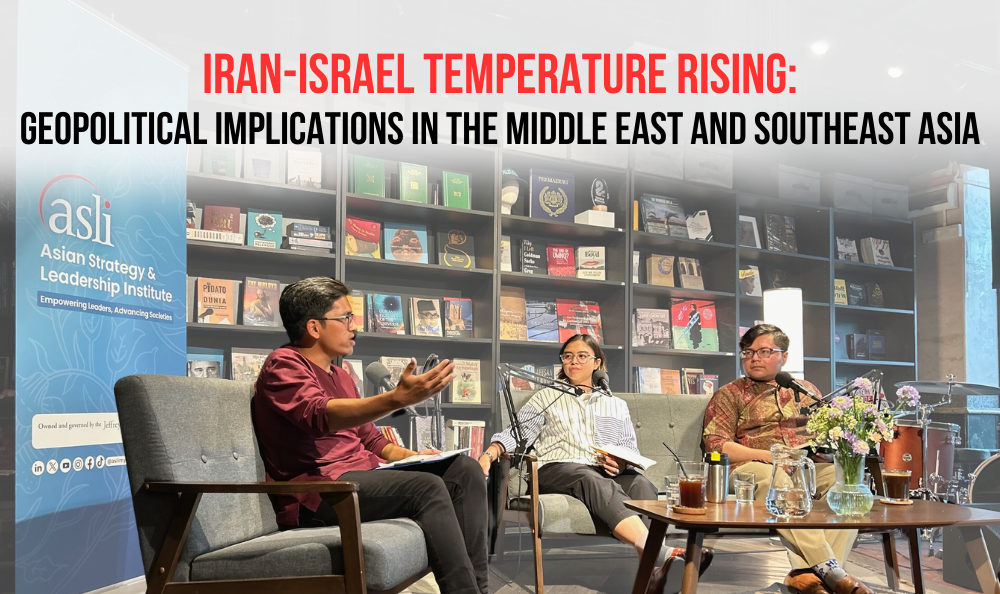Conclusion The Israeli attack on Iran on June 12-13, 2025 represents a major turning point in Middle Eastern geopolitics . Explore the complex security concerns Israel faces regarding Iran, rooted in decades of historical hostility. This article highlights military actions like Operation 'Rising Lion,' Israel's perceptions of Iran's nuclear ambitions, and the implications for regional stability amid evolving international negotiations. A compilation of analyses on the military and nuclear impact of Israel’s initial strikes, Tehran’s response options, the Trump administration’s next steps, public reactions inside Iran , and more. In the latest twist, Israel ’ s Operation Rising Lion unleashed a devastating wave of airstrikes on Iran’s military and nuclear infrastructure—including the hardened Natanz enrichment complex—on June 13, 2025. Israel ’ s relative restraint reflects the Biden administration’s unwillingness to retaliate against Iranian aggression in kind and at scale. Videos released by the Israeli Air Force reveal that F-15 and F-16 tactical military aviation platforms took part in its strikes on Iran. Israel’s large-scale attack on Iran ’s nuclear and military structures threatens to further escalate Mideast tensions while weakening Iran and its proxy network. In a dramatic escalation of tensions, Israel has launched a substantial air campaign against Iran , targeting critical nuclear facilities in response to grave concerns regarding Iran’s potential to develop nuclear weapons imminently.
The Untold Story: How Iran Developed Nuclear Weapons Tech
Iran vs Israel Timeline: The Impact on Global Security
The Future of the Middle East: Israel Airstrike on Iran and Beyond
